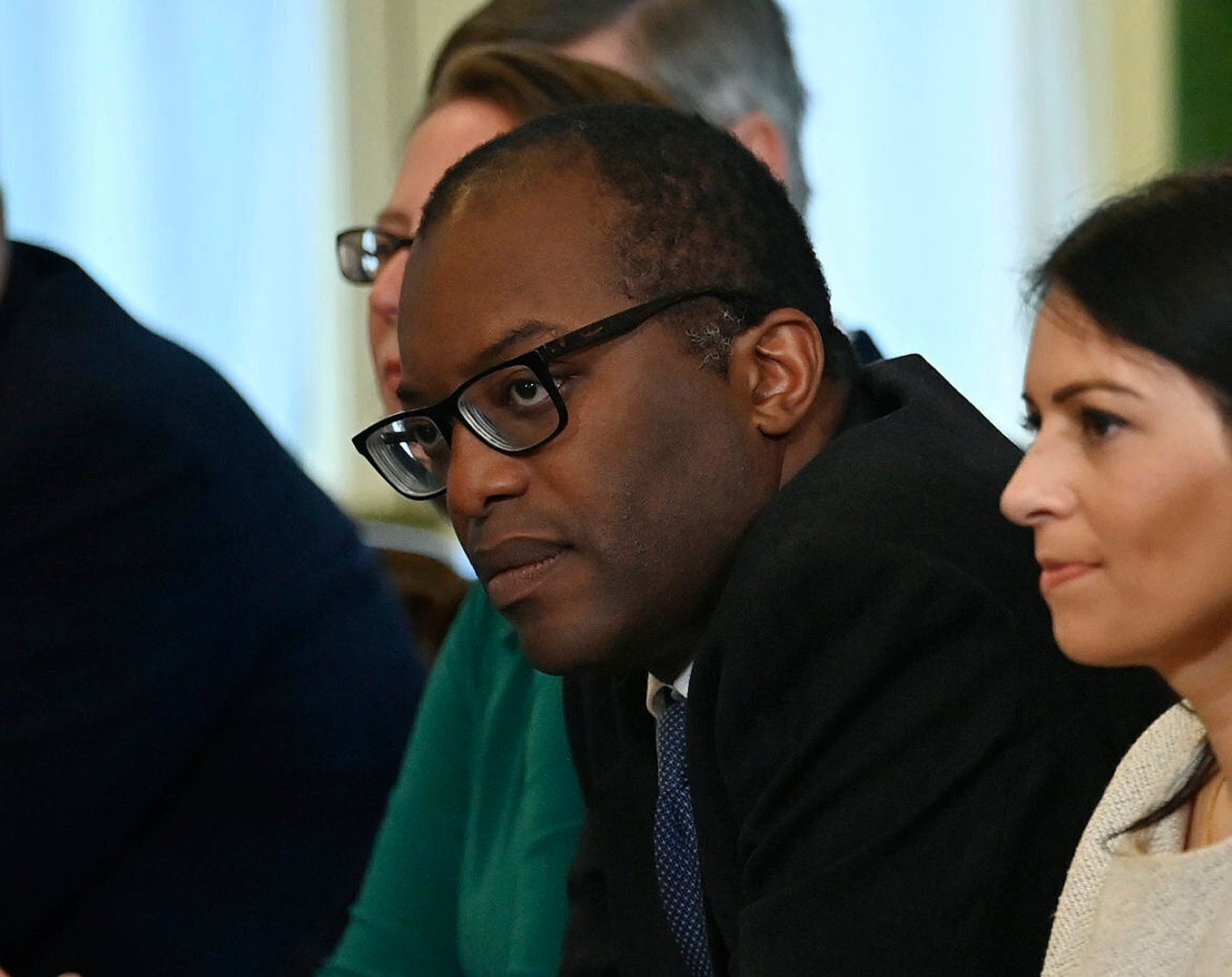The short-term energy crisis must not distract from the climate emergency
Editorial: The government can use the immediate crisis as a dramatic illustration of our dependence on carbon-based energy

We are in the middle of two separate energy crises, one immediate and one medium-term, that are linked only in that they both concern fossil fuels. In the short term, we have a problem with a scarcity of natural gas, which has caused the price to rise. In the medium term, we have the problem that we want to stop using oil and natural gas because burning them is the main contributor to global warming.
Unfortunately, the timescales are misaligned; otherwise, it would be sensible to allow the price of natural gas to rise, to help drive economic activity away from fossil fuels and towards low-carbon energy sources. Instead, the price rise has been so sudden – and will probably be so short lived – that its main effect will be to cause disruption and slow down the remarkable growth of the world economy since the Covid lockdowns.
Post-Covid recovery has caused the shortage, as it has caused the labour shortages that have interacted with it. Like blood returning to frozen limbs, the recovery has been a painful and difficult process, as so much economic activity was dislocated during the pandemic.
These are worldwide problems. Although we have focused on the threat of factory shutdowns in the UK and the prospect of people facing increases of one-third in their energy bills in the spring, we are also reporting crises and power cuts in Lebanon, the Balkans and India.
There is little the British government can do about the gas shortage except to manage the situation. The usual voices of Jeremy Corbyn and Claudia Webbe, two MPs who no longer take the Labour whip, have called for the nationalisation of energy companies, but that is not going to magic new reserves into production – reserves that in other contexts, and on the other timescale, they would argue should remain in the ground.
The only role for direct state intervention in industry would be if there were a short-term case for bridging a market gap in the public interest, as there was in the recent decision to subsidise the fertiliser company that manufactures carbon dioxide for drinks and medical uses.
There may be a case for temporary help for energy-intensive industries, whose leaders have been lobbying Kwasi Kwarteng, the business secretary, but the problem with that is that it involves the government gambling with public money on the price of gas coming down in the near future. Some analysts expect this to happen, citing a number of short-term problems that have further disrupted the gas market unexpectedly, but it is unwise for governments to play the futures market with taxpayers’ money.
The other thing the government can do is to use the immediate crisis as a teachable moment, as a dramatic illustration of our dependence on carbon-based energy. Imagine how much worse our situation would be if 60 per cent of electricity did not come from low-carbon sources, Boris Johnson could say. Imagine how much better it would be if we had as much nuclear power as the French.
The riposte might be that the crisis shows how difficult and expensive it will be to renounce our dependence on fossil fuels altogether. And it will certainly take time. Opponents of net-zero carbon targets have seized on present difficulties to say that now is not the time to be putting a new tax on natural gas, which the government was planning to do in 2023. But those opponents are confusing the two crises, and the two separate timescales.
Unfortunately, the government itself has seemed uncertain about whether it is coming or going. The target of decarbonising UK electricity generation by 2035 was supposed to be in the prime minister’s speech to the Conservative Party conference but was not, even though Mr Johnson referred to it in interviews beforehand and Mr Kwarteng confirmed it afterwards.
The government cannot allow short-term problems to disrupt the medium-term timetable, which needs to be confirmed at the UN summit on climate change in Glasgow next month, to nudge world leaders towards those critical targets to avert catastrophic global warming.
Join our commenting forum
Join thought-provoking conversations, follow other Independent readers and see their replies
Comments
Bookmark popover
Removed from bookmarks